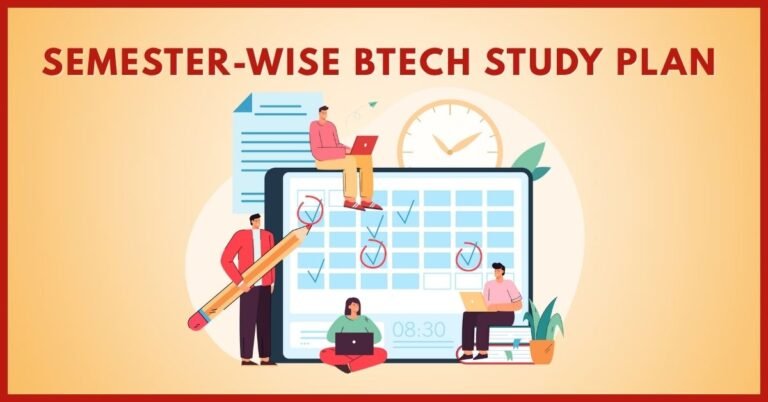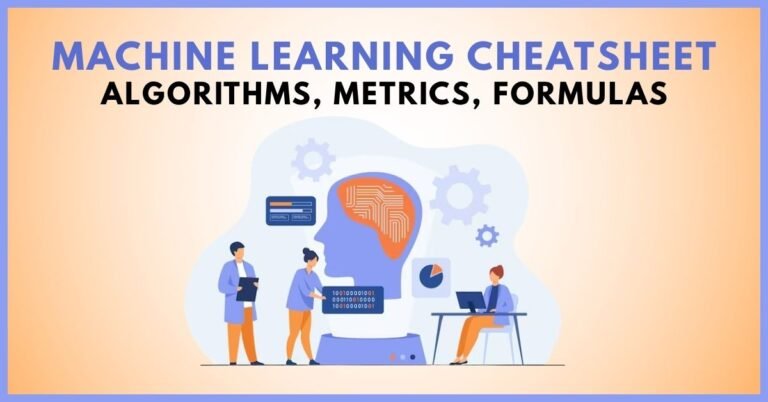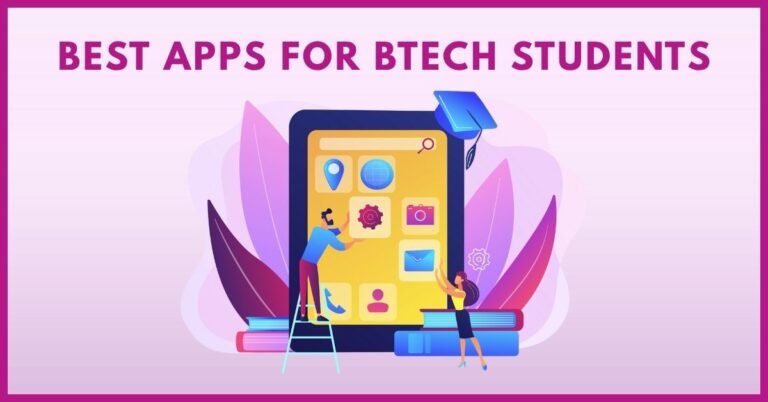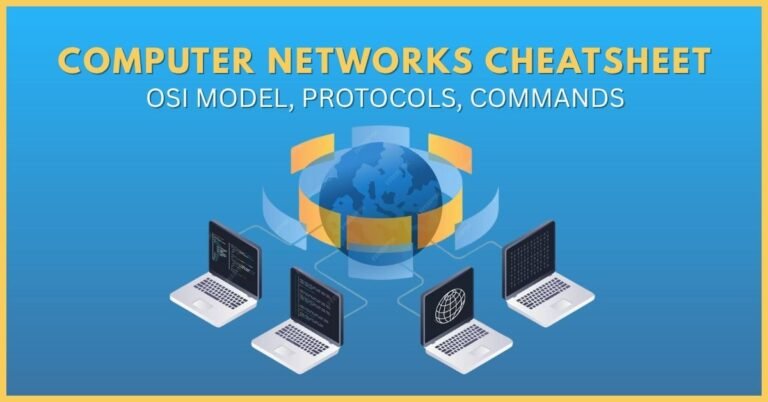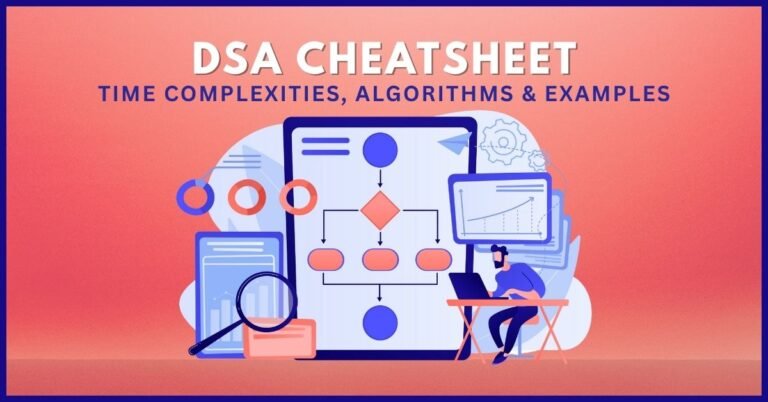How to Pass BTech Exams Without Studying the Whole Syllabus
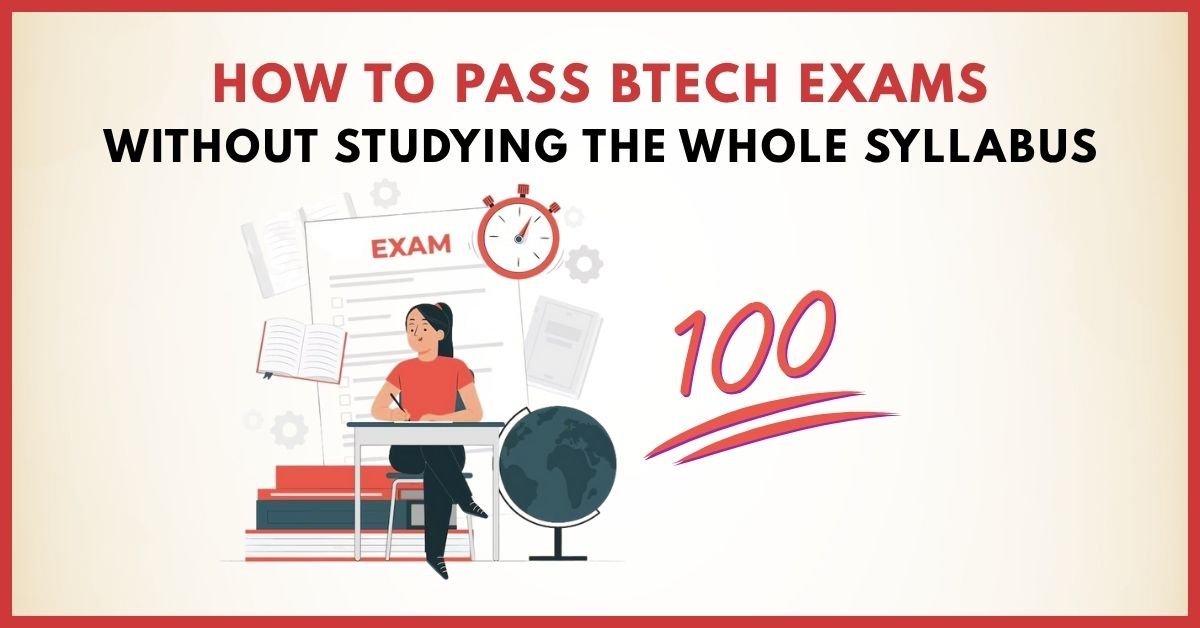
Engineering exams can be overwhelming, especially when faced with a vast syllabus and limited time. However, with strategic planning and smart study techniques, it’s possible to pass BTech exams without covering the entire syllabus. At BTech Cheatsheets, we provide concise, easy-to-understand study materials to help you focus on high-yield topics and maximize your exam performance.

Understanding the BTech Exam Structure
Before diving into study strategies, it’s crucial to understand the structure of BTech exams:
- Theory Papers: Typically consist of multiple-choice questions (MCQs), short answer questions, and long answer questions.
- Practical Exams: Assess hands-on skills and understanding of laboratory work.
- Viva Voce: Oral examination to test conceptual clarity and application.
Understanding this structure helps in prioritizing study areas and allocating time effectively.
Analyze Previous Year Question Papers
One of the most effective ways to prepare without studying the entire syllabus is by analyzing previous year question papers. This approach allows you to:
- Identify frequently asked topics.
- Understand the pattern and weightage of questions.
- Focus on high-yield areas that are more likely to appear in exams.
By practicing these questions, you can build confidence and improve your time management skills during the actual exam.
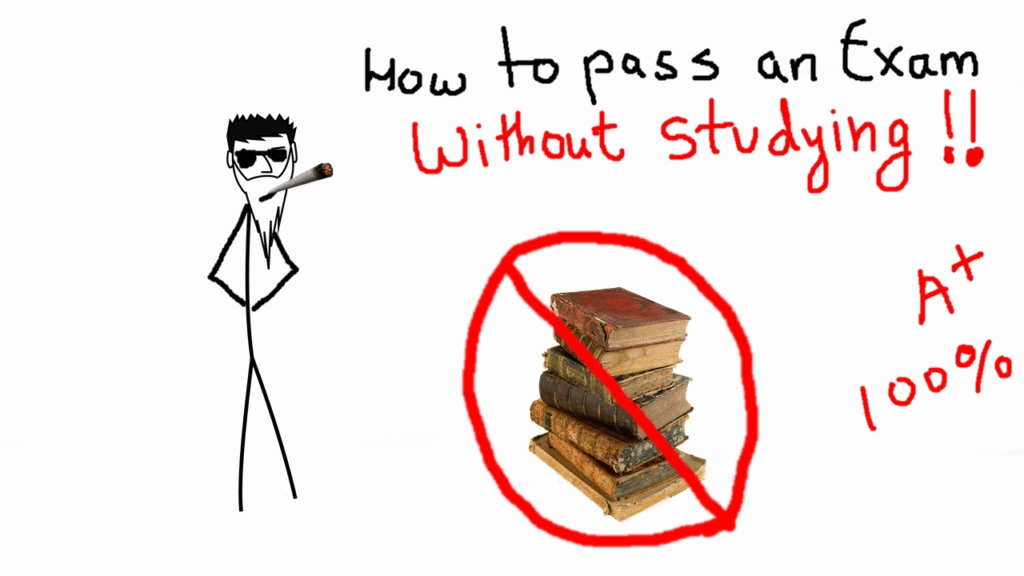
Utilize BTech Cheatsheets for Quick Revision
BTech Cheatsheets offers concise study materials, including:
- Formula sheets
- Concept maps
- Quick revision guides
- Lab viva questions
- Previous year papers
- Placement preparation notes
Focus on Core Subjects and Topics
Instead of attempting to study the entire syllabus, concentrate on core subjects and topics that carry significant weight in exams. These typically include:
- Mathematics
- Engineering Mechanics
- Thermodynamics
- Electrical Circuits
- Programming Languages
By mastering these areas, you can secure a substantial portion of the exam marks.
Create a Targeted Study Plan
Develop a study plan that focuses on high-priority topics. Allocate time based on the importance and difficulty level of each subject. A sample study plan might look like this:

| Time Slot | Activity |
|---|---|
| 9:00 – 11:00 | Study Mathematics formulas |
| 11:00 – 1:00 | Practice previous year papers |
| 2:00 – 4:00 | Revise Thermodynamics concepts |
| 4:00 – 6:00 | Work on programming exercises |
This structured approach ensures efficient use of time and resources.
Practice Time Management Techniques
Effective time management during the exam is crucial. Implement strategies such as:
- Answering Known Questions First: Begin with questions you are confident about to secure easy marks.
- Allocating Time per Question: Set a time limit for each question to prevent spending too much time on any single one.
- Leaving Difficult Questions for Later: If a question seems challenging, move on and return to it later if time permits.
These techniques help in managing the exam duration effectively.
Stay Calm and Confident
Maintaining a calm and confident mindset is essential during exams. Practice relaxation techniques such as deep breathing to reduce anxiety. Remember, a positive attitude can significantly impact your performance.
Leverage Online Resources and Study Groups
Join online forums and study groups to discuss difficult topics and share resources. Platforms like Reddit and Quora have active communities where students exchange study materials and tips. Engaging with peers can provide new insights and enhance understanding.
Prioritize Health and Well-being
Your physical and mental health plays a vital role in exam preparation. Ensure you:
- Get adequate sleep
- Eat nutritious meals
- Engage in regular physical activity
- Take short breaks during study sessions
A healthy body supports a sharp mind, leading to better exam performance.
Practice Mock Exams
Simulate exam conditions by taking mock tests. This practice helps in:
- Building exam stamina
- Identifying weak areas
- Improving time management skills
Mock exams provide a realistic experience, reducing exam-day anxiety.
Review and Revise Strategically
In the days leading up to the exam, focus on revision rather than learning new topics. Use your notes, cheatsheets, and previous year papers for quick reviews. Prioritize areas where you feel less confident.
Conclusion
Passing BTech exams without studying the entire syllabus is achievable with strategic planning and focused effort. By analyzing previous year question papers, utilizing concise study materials like BTech Cheatsheets, concentrating on core subjects, and practicing time management, you can maximize your exam performance. Remember, consistency and smart work are key to success.
Frequently Asked Questions (FAQ)
Q1: Can I pass BTech exams by studying only selected topics?
A1: Yes, by focusing on high-yield topics and utilizing effective study materials, you can pass BTech exams without covering the entire syllabus.
Q2: How can BTech Cheatsheets help in exam preparation?
A2: BTech Cheatsheets provide concise study materials, including formula sheets and previous year papers, aiding in quick revision and concept clarity.
Q3: What are the core subjects to focus on for BTech exams?
A3: Core subjects typically include Mathematics, Engineering Mechanics, Thermodynamics, Electrical Circuits, and Programming Languages.
Q4: How can I manage my time effectively during exams?
A4: Implement strategies like answering known questions first, allocating time per question, and leaving difficult questions for later to manage exam time effectively.
Q5: Why is staying calm important during exams?
A5: A calm and confident mindset reduces anxiety and enhances focus, leading to better exam performance.
Author Profile
- At Learners View, we're passionate about helping learners make informed decisions. Our team dives deep into online course platforms and individual courses to bring you honest, detailed reviews. Whether you're a beginner or a lifelong learner, our insights aim to guide you toward the best educational resources available online.
Latest entries
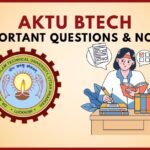 UncategorizedOctober 3, 2025AKTU BTech Important Questions & Notes
UncategorizedOctober 3, 2025AKTU BTech Important Questions & Notes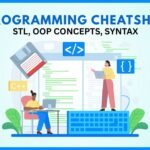 Exam Revision NotesSeptember 24, 2025C++ Programming Cheatsheet – STL, OOP Concepts, Syntax
Exam Revision NotesSeptember 24, 2025C++ Programming Cheatsheet – STL, OOP Concepts, Syntax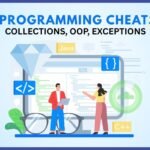 Exam Revision NotesSeptember 22, 2025Java Programming Cheatsheet – Collections, OOP, Exceptions
Exam Revision NotesSeptember 22, 2025Java Programming Cheatsheet – Collections, OOP, Exceptions UncategorizedAugust 28, 2025BTech 1st Year Notes & Cheatsheets (Subject-Wise)
UncategorizedAugust 28, 2025BTech 1st Year Notes & Cheatsheets (Subject-Wise)

